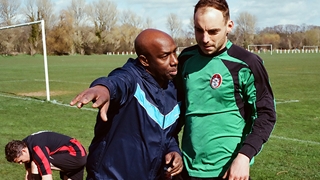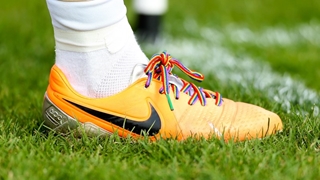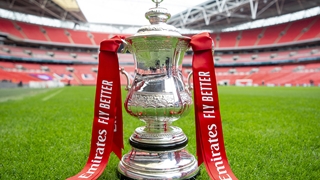
There is a growing appreciation of the benefits and importance of creating environments in which people can be more open about their mental well-being. Tackling the stigma, prejudice and discrimination that can be associated with mental health conditions both in sport and wider society is really important.
The FA, along with other bodies in both football and sport, has signed the Mental Health Charter for Sport and Recreation, which is a framework setting out how sport can use its collective power to tackle mental ill-health and the stigma that surrounds it.
The charter aims to tackle stigma using the power of sport and recreation, emphasise the benefits to mental health and well-being of an active lifestyle and to encourage the wider sector to showcase best practice and to make real progress in tackling issues around mental health. The FA continues to work collaboratively with a number of organisations in this field.
One in four people experience a mental health problem in any year, which mean there are millions of people involved in grassroots football experiencing a form of it in some way. It is important football clubs at all levels appreciate this and know how to include people with mental health issues. The FA, along with its partners across the game, is encouraging players, coaches and officials to be confident and comfortable talking about mental health in the same way that people discuss physical injuries.
Football is a great tool in aiding recovery, helps to manage symptoms and can radically improve the quality of people’s lives. Whether it is in mainstream, community football clubs, or in specialised sport and mental health projects, football can deliver massive benefits. There are three key ways that football can help:
- Improving people’s mental health
- Creating social inclusion
- Helping physical health
To emphasise the above – and as part of the wider Heads Up campaign, The FA has produced a 36-page mental health guide for coaches and managers in the adult game that can be downloaded below. It’s been produced in partnership with Mind, and a mental health advisory group put together by The FA.
Download mental health guide for coaches and managersThe guide has been created to help coaches and managers spot the signs of mental health problems predominantly amongst male players, give them the confidence to support and signpost to specialist help where necessary, including Heads Up’s charity partners and a 24/7 text support service.








